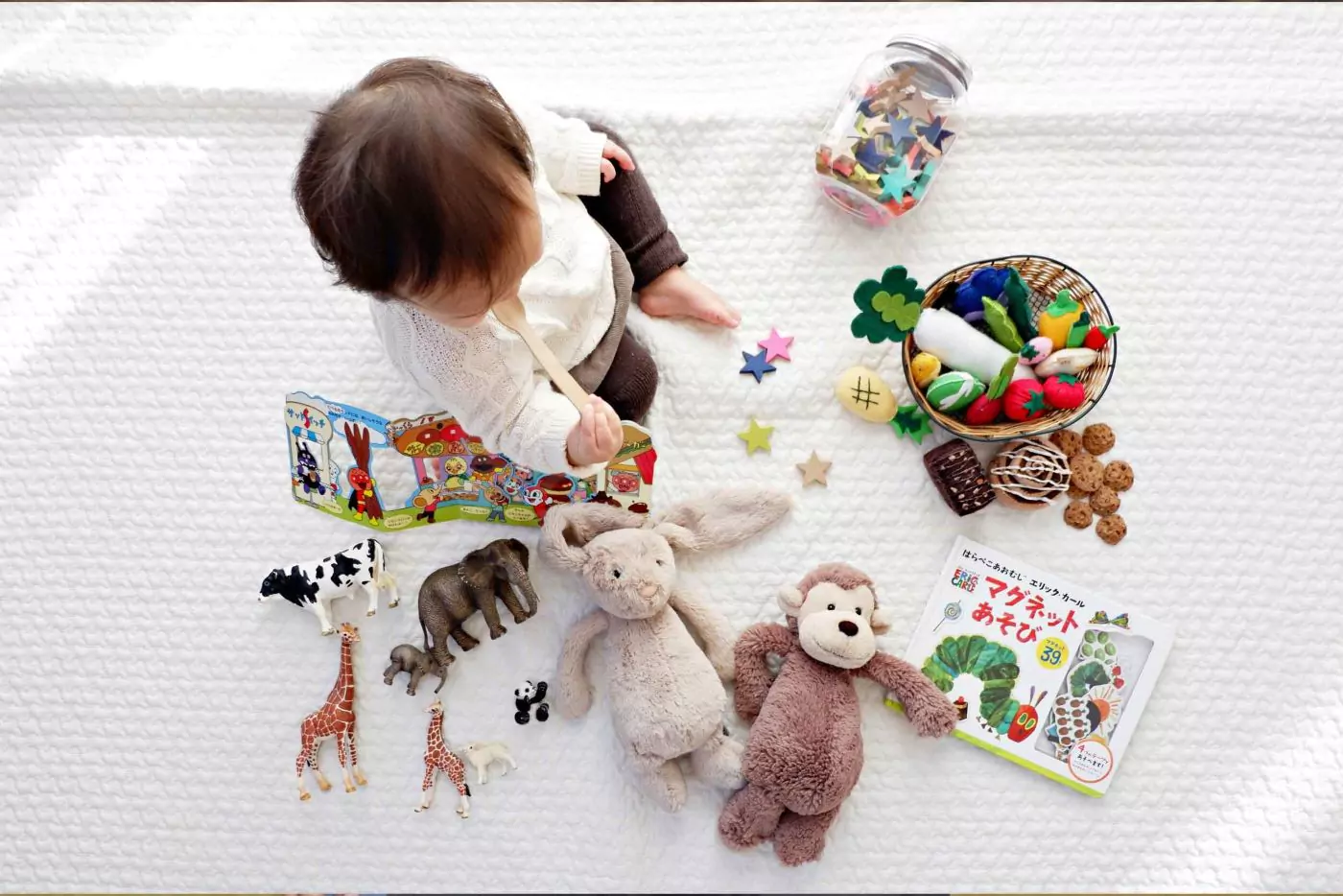What Is Autism Spectrum Disorder?
Autism Spectrum Disorder (ASD) is a neurodevelopmental disorder that causes difficulty with communication, social skills and specific behaviors. The exact cause of ASD is unknown, but a combination of genetic and environmental factors likely causes it. It affects about 1 in 68 children and is more common in boys than girls. ASD is a lifelong disorder and is considered a spectrum disorder because the severity varies and will not look the same in every child.
How We Can Help Children with Autism
The Sutcliffe Clinics’s integrative treatment of Autism Spectrum Disorder (ASD) combines medical wellness, behavioral intervention and educational support strategies, enhancing the child’s communication and social skills.
Contrasting with methods that solely focus on medication or predominantly on only one specific therapy for ASD, our comprehensive approach is designed to promote development beyond just symptom management.
Children with core ASD symptoms, such as communication difficulties, social challenges, and sensory sensitivities, can benefit significantly from our whole-child approach to treatment.
Our experienced team specializes in supporting children across the diverse autism spectrum, leveraging a meticulous assessment process and multidisciplinary set of evidence-based therapies.
We are dedicated to improving not only the symptoms of autism but also nurturing a child’s overall development. We aim to profoundly transform a child’s life and offer meaningful, lifelong benefits.












